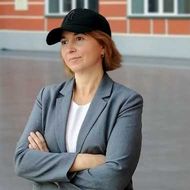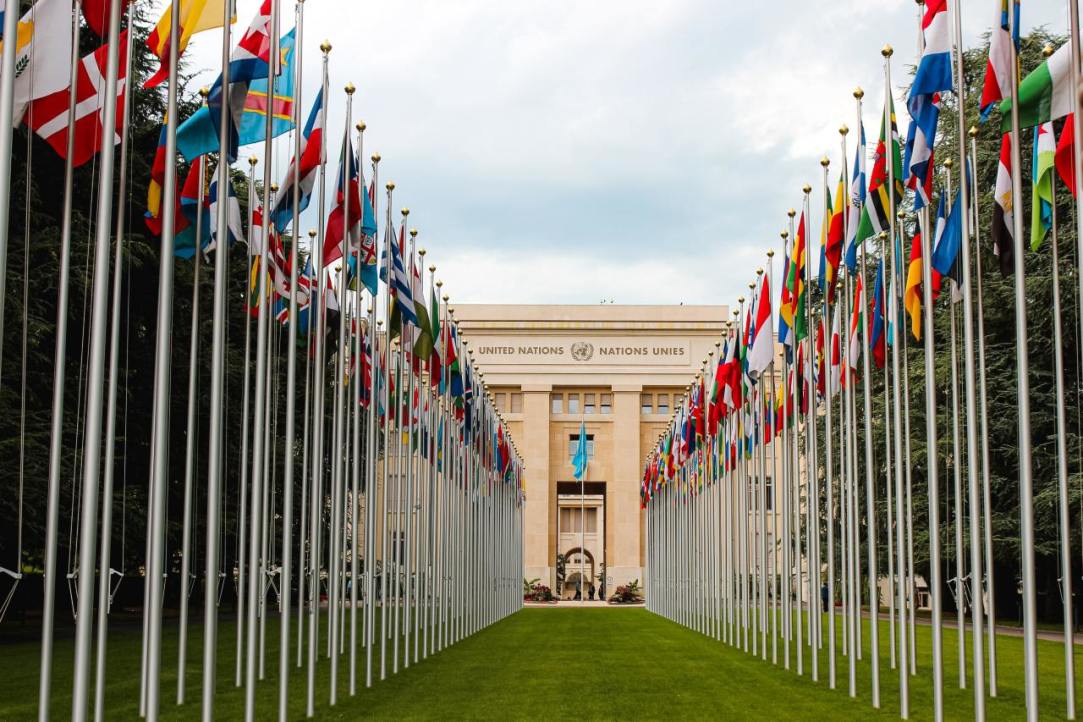- A
- A
- A
- ABC
- ABC
- ABC
- А
- А
- А
- А
- А
- HSE University
- Faculty of Law
- School of International Law
- News
- Vera Rusinova spoke at the virtual informal meeting of the UN Open-Ended Working Group
-
School
- About the School
- Research
- Academics
- "HSE University Journal of International Law"
-
Research and Study Laboratories and Groups
-
Research and Study Laboratories
-
Research and Study Groups
-
- Research and Methodology Units
- HSE Research Seminar on International Law
- Ph.D. Seminar
- Undergraduate track ‘International Law’
-
Projects
-
Status: active
- Applied project «Philip C. Jessup international law moot court competition training 2023-2024»
- Applied project 2024-2025 “Preparation for the Willem C. Vis Moot Competition, season 2024-2025”
- Fundamental Research Project "Legal Mechanisms for Overcoming Inequality"
- Participation of Young Lawyers as Clerks of the International Commercial Arbitration Court at the Chamber of Commerce and Industry of the Russian Federation
- Research project: International Competition ‘Dispute Resolution in the EAEU–2024’: Preparation and Participation of the Faculty of Law's Team
-
Status: completed
-
- Staff Members
-
Educational programs
- Bachelor's Programmes
- Master's Programmes
- Doctoral School of Law
Moscow, 3 Bolshoy Trekhsvyatitelsky Pereulok, rooms 227, 228b

E-mail: svetlana.smirnova@hse.ru
Located at a crossroads of global, regional, and national interests, contemporary international law affects almost all spheres of society. The School of International Law keeps pace with significant international events and legal adjudication in order to provide hands-on education that prepares future lawyers and legal scholars for the demands of the current legal landscape. The School is at once a ‘think tank’ that provides expert analysis and a producer of top legal experts and lawyers in international law.
Olga Starshinova, Elena Murashko.
Chinese Journal of International Law. 2025. Vol. 24. No. 3.
Giri A. K., Uldanov A., Parkhomenko S. et al.
In bk.: Russian Social Thought in the 19th Century. India: Routledge India, 2025. P. 1-8.
 MANDATORY CORPORATE HUMAN RIGHTS DUE DILIGENCE MODELS: SHOOTING BLANKS?
MANDATORY CORPORATE HUMAN RIGHTS DUE DILIGENCE MODELS: SHOOTING BLANKS?
Rusinova V., Sergei K.
Law. LAW. Высшая школа экономики, 2021

Vera Rusinova spoke at the virtual informal meeting of the UN Open-Ended Working Group

On the 24th and 31st of March 2022 Professor Vera Rusinova took part in the Virtual, open-ended informal meeting on the occasion of the Second Substantive Session of the Open-Ended Working Group on the security of and in the use of information and communications technologies(OEWG, 2021-2025). These informal meetings were focused on the role of the stakeholder community in supporting capacity-building of states in the field of information and communications technologies (ICTs) security.
In her presentation, Vera Rusinova shared some concrete recommendations on how the OEWG can contribute to capacity-building of states.
Firstly, alongside with a global level, the bilateral and regional co-operation is of crucial importance. The OEWG can enhance these forms of co-operation by elaborating model agreements and forms. It can be, for instance, a model CERT-to-CERT agreement and a model form of notification about an ITC incident.
Secondly, the notion of critical infrastructure lies at the heart of different efforts aimed at bolstering the deterrence against malicious ITC-related acts, as well as defence and resistance of states against cyber threats. So, it would be very practical, if the OEWG could have initiated drafting of a non-exhaustive, indicative list of the objects of critical infrastructure.
Thirdly, taking into account the huge importance of the experience-sharing mode, the OEWG could have suggested to the states to voluntarily share their best practices on the capacity building and bolstering the potential. As a result, the states and all other stakeholders will be able to profit not only from the 2021 GGE Compendium on applicability of International law to ICT acts, but also from the OEWG best practices collection.
- About
- About
- Key Figures & Facts
- Sustainability at HSE University
- Faculties & Departments
- International Partnerships
- Faculty & Staff
- HSE Buildings
- HSE University for Persons with Disabilities
- Public Enquiries
- Studies
- Admissions
- Programme Catalogue
- Undergraduate
- Graduate
- Exchange Programmes
- Summer Schools
- Semester in Moscow
- Business Internship
- © HSE University 1993–2026 Contacts Copyright Privacy Policy Site Map
- Edit

